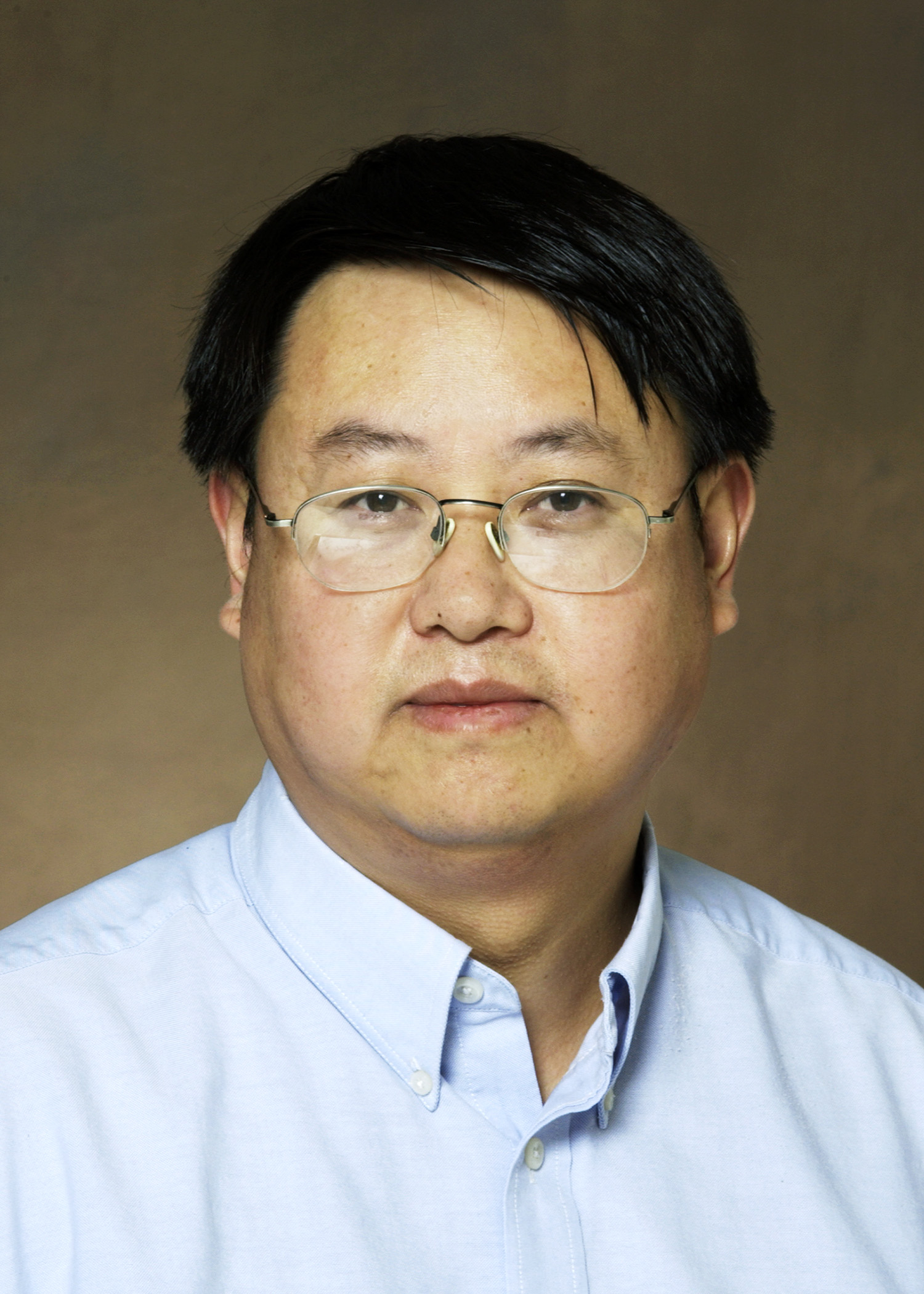The 11th IASTED European Conference on
Power and Energy Systems
EuroPES 2012
June 25 – 27, 2012
Napoli, Italy
TUTORIAL SESSION
Power System State Estimation and It’s Recent Development
Duration
3 hours
Abstract
This tutorial will offer an up-to-date account of the techniques utilized in power system state estimation. This tutorial will consist of two parts: 1) basic and important concepts and topics in power system state estimation; and 2) recent development and challenging problems of power system state estimation. The first part includes formulation of power system state estimation and typical approaches of solutions (weighted least square approach and least absolute value approach), network observability, and bad data identification and detection, while the second part includes measurement placement with PMU considerations, integration of PMU measurements in state estimation, tracking state estimator for smart grid, detection of topology errors, detection of multiple bad data, and robustness of state estimation. Illustrative examples will be utilized in the tutorial to help explain the techniques and algorithms used in power state estimation.Objectives
The objectives of this tutorial are to make the audience to:1) Understand the basic concepts of power system state estimation
2) Understand the fundamental techniques or algorithms used in power system state estimation
3) Understand the role and importance of state estimation in power system daily operations
4) Know how to solve typical problems of power system state estimation
5) Grasp the newly developed techniques or algorithms in state estimation
6) Be aware of the challenging problems of power system state estimation
7) Know the role change of state estimation in smart grid
Timeline
The time allocations:(a) 2 hours: Basic and important topics in power system state estimation
(b) 1 hour: recent development and challenging problems in power system state estimation
Background Knowledge Expected of the Participants
Power engineers or those who are interested in power system state estimation with a background of electrical engineering.Qualifications of the Instructor(s)
The instructor started his Ph.D. dissertation in power system state estimation under the supervision of Prof. Ali Abur at Texas A&M in 1997. During his Ph.D. study, he conducted research in harmonic state estimation, waveform tracking state estimation, state estimation observability analysis, and state estimation with FACTs devices. After his graduation, he worked at ABB Automation and Control, Santa Clara, CA from 2000 to 2002 as a power system application engineer, where he dealt with real problems of power system state estimation. After he joined the University of Texas at Arlington in 2003, he continued his research in state estimation and published papers in state estimation observability analysis, tracking state estimator, optimal PMU placements, bad data detection.
Prof. Bei Gou received the B.S. degree in electrical engineering from the North China University of Electric Power, China, in 1990 and the M.S. degree from Shanghai JiaoTong University, China, in 1993. From 1993 to 1996, he taught in the Department of Electric Power Engineering at Shanghai JiaoTong University. He worked as a research assistant at Texas A & M University starting in 1997, and he received his Ph.D. degree in 2000. He worked at ABB Energy Information Systems, Santa Clara, CA for two years, and at ISO New England for one year as a senior analyst. He joined the Energy Systems Research Center (ESRC) at the University of Texas at Arlington as assistant professor from 2003 to 2008. He is the founder of Smart Electric Grid, LLC. Dr. Gou is currently an associate professor at the Department of Electrical and Computer Engineering at North Dakota State University (NDSU). His main interests are power system state estimation, blackouts and cascading failures, power market operations, fuel cell modeling and control and renewable energy, power quality, power system reliability, and fault analysis.


















